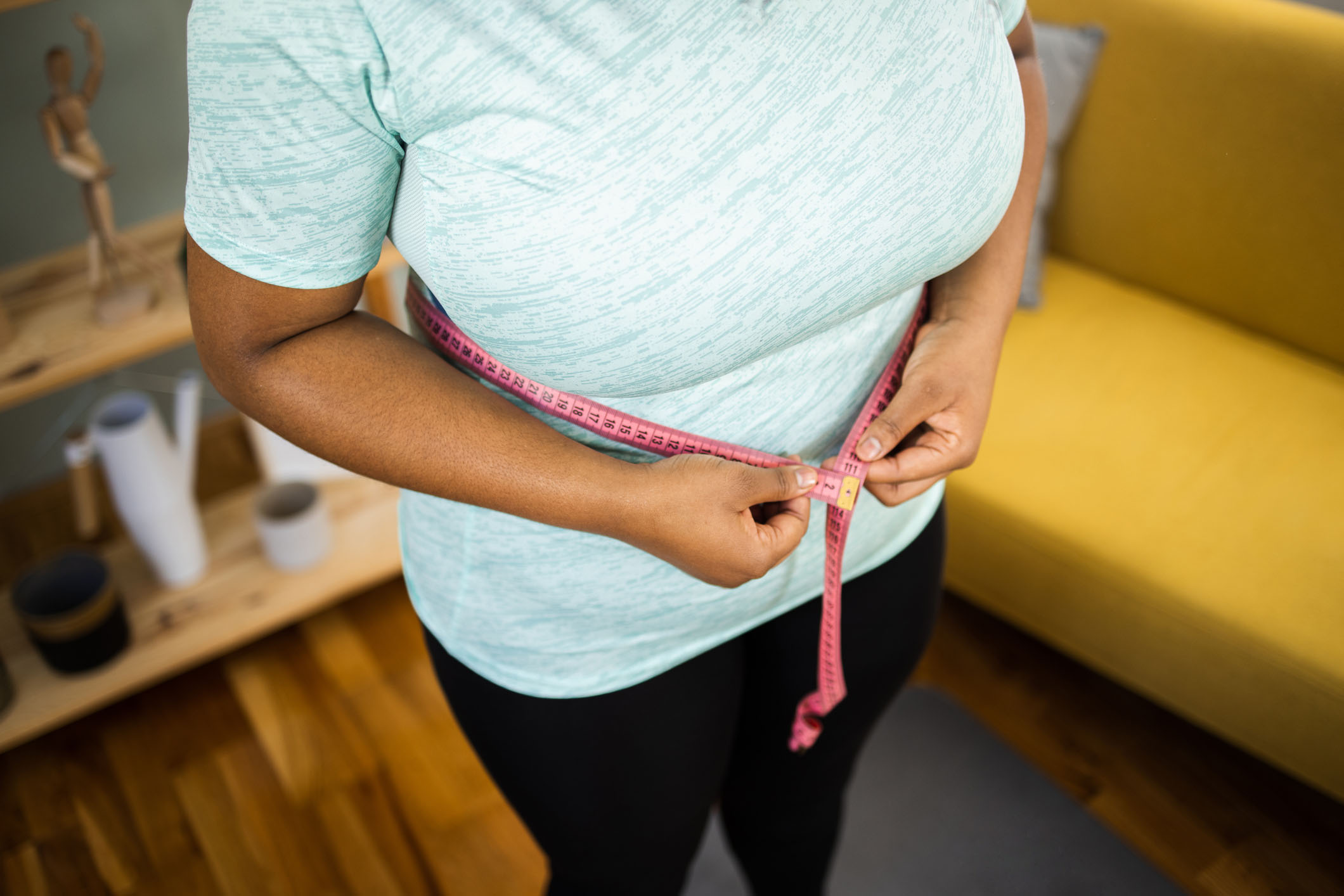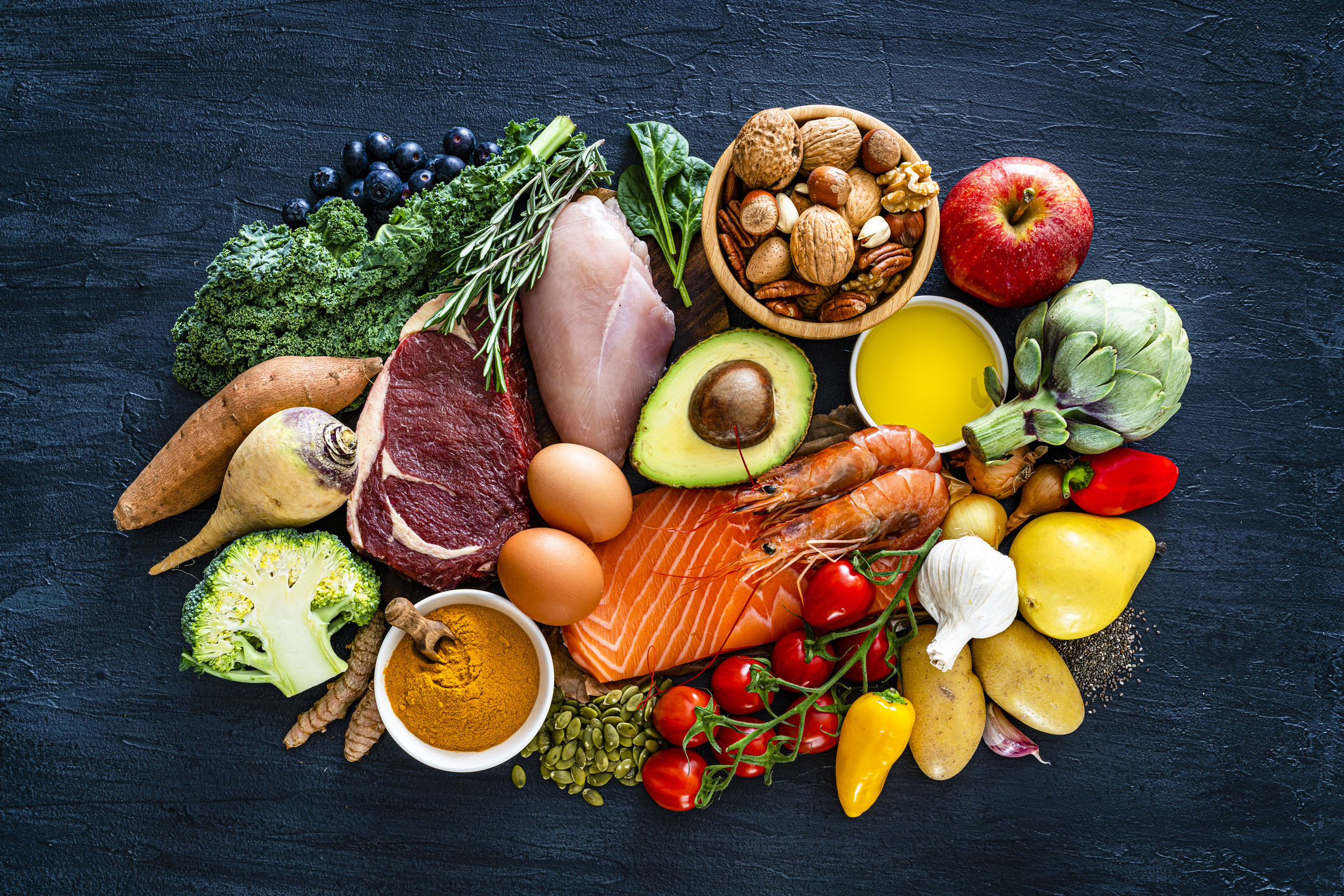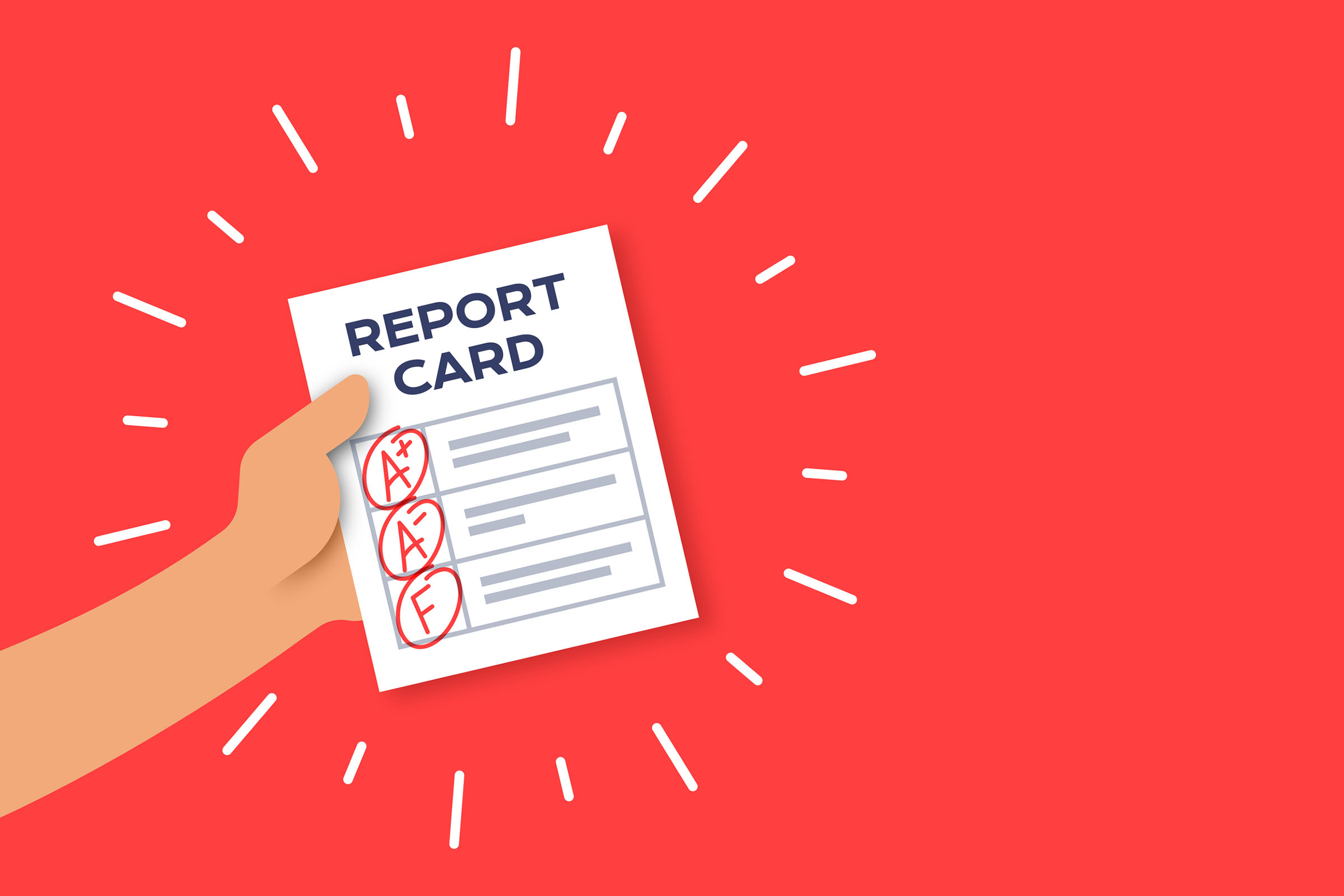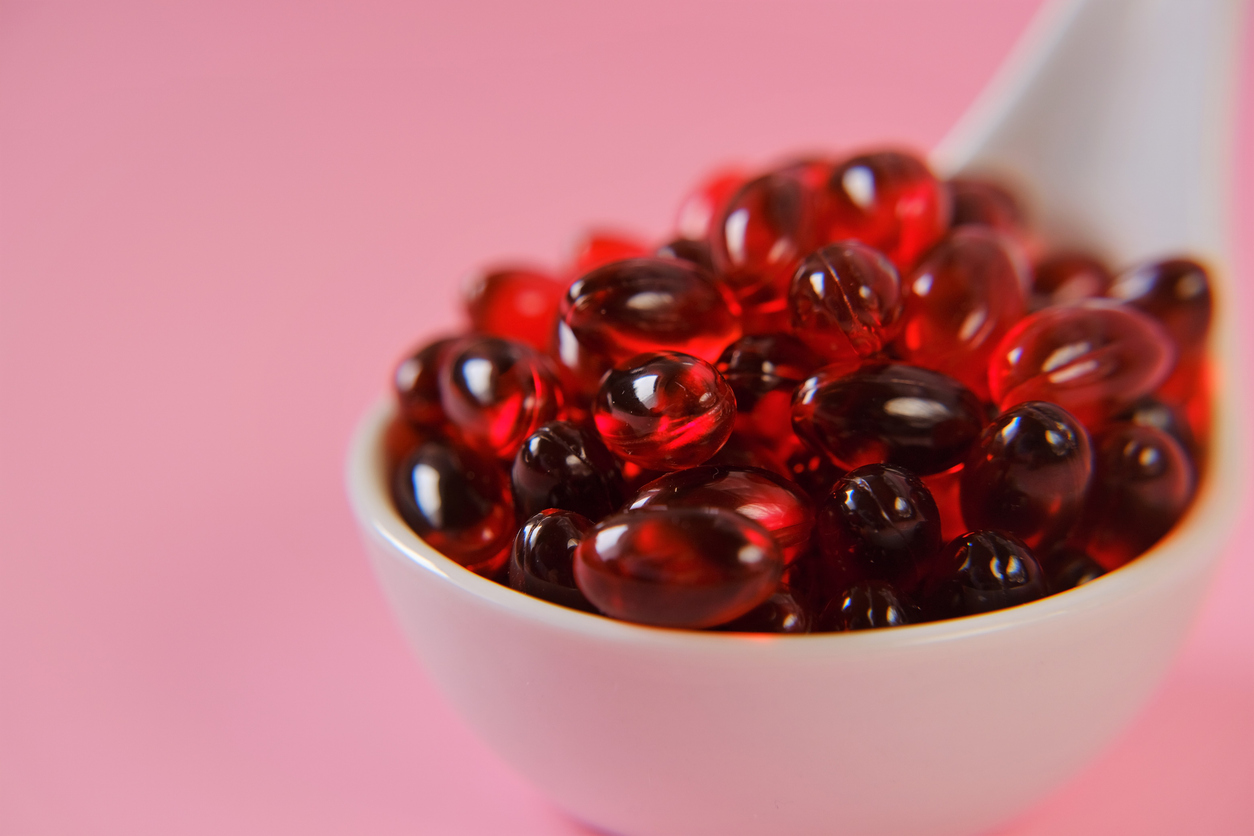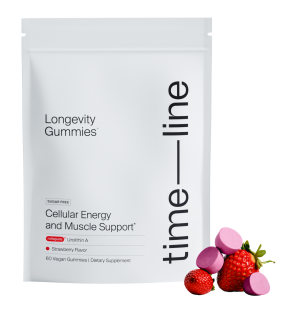Recently several sophisticated scientific studies have reached diametrically opposed conclusions: “Zero-calorie” sweeteners either (a) help prevent or (b) increase the risk of obesity and diabetes.
Since hundreds of millions of Americans use them, and metabolic syndrome arising from overweight is now reaching epidemic proportions, what’s the average consumer to do?

I was an early and vociferous opponent of artificial sweeteners from the very start of my media career more than 25 years ago. Generally, I’ve been given free rein to express my opinions on a wide range of controversial issues.
So imagine my surprise when, in the late 1980s, I was called into the WOR Radio Program Director’s office and was told there was a “problem” arising from one of my recent programs wherein I denounced NutraSweet (aspartame, now branded as Equal) as being potentially harmful.
“The manufacturers of NutraSweet contacted us,” the PD told me. “They’re demanding equal time to put one of their experts on your program to give their side.”
Until then–and even to this day–NO drug company, food manufacturer or medical interest group had ever complained about me, no matter how much I railed against them on my radio show. Over the years I’ve taken on high-fructose corn syrup, margarine, statin drugs, Motrin and Tylenol, cell phone radiation, unnecessary back and knee surgeries, and overzealous drug treatment of osteoporosis, to name but a few. This pushback over NutraSweet was a little intimidating. It indicated the degree of vigilance and clout that Searle, then a division of Monsanto, wielded over the media. And suddenly little me was in their crosshairs!
I thought for a moment and then said, “Fine, have them send their expert over and I’ll let him present their side, and then we can debate.” So Searle arranged to have their spokesperson, a learned doctor in his 70s, appear on my show. He arrived with sheaves of studies, which he then proceeded to describe, all proclaiming that exhaustive safety testing demonstrated conclusively that NutraSweet caused no harm.
I knew this to be false from close study of the scientific literature that suggested many side effects from NutraSweet (headaches, seizures, GI problems, allergic reactions and more), but I let him finish. When he was done, I asked him: “Doctor, you have a family, and by the looks of it, you may be a grandfather, right?”
He smiled and said, “Yes, I have a 9-year-old granddaughter.”
I said, “Great. Do you permit your granddaughter to drink no-cal sodas made with NutraSweet?”
He said “Of course!”
I said, “Well, how much NutraSweet do you allow her to drink?”
He appeared slightly flustered, and I continued: “What’s the limit? One soda per day?”
“That would be fine,” he said.
“What about two or three?” I asked.
He took a moment to answer “Well, I guess that would be all right.”
“Well what if she were to consume a full quart of it every day, 365 days a year, year in, year out—would that be OK?” I knew I had him at that point, because he was an honest guy at heart.
“Well everything has its limits, we need to consume foods and beverages in moderation,” he conceded.
“So in effect you’re yielding to my position,” I said. “If NutraSweet is perfectly safe, why would you place any ceiling on its consumption by your granddaughter? If you have concerns about your own family member drinking too much, isn’t it a bit hypocritical to reassure the public that there are zero health problems associated with its consumption?”
The interview ended there, and I wonder sometimes if Searle ever regretted its decision to challenge me on the air. I never heard from them again, or from any other pressure group.
As the years progressed, controversy continued to swirl about the safety of artificial sweeteners. Russell Blaylock M.D. added to our concerns about toxicity of aspartame with his book Excitotoxins: The Taste That Kills. New sweeteners such as Splenda have been introduced that claim to be harmless, yet critics disagree. And now there are products such as Truvia that harness the natural sweetness of stevia.
But questions of toxicity aside, legitimate concerns have been raised about the ability of any of these sweeteners to help people lose weight and avoid crossing the threshold into diabetes, the key rationale for their use. It would stand to reason, by substituting sugar with no-cal sweeteners, that you could satisfy your sweet cravings and get a “free pass,” so to speak. Eliminating hundreds of extraneous calories daily sure makes sense as an aid to weight loss!
But the body has a perverse way of circumventing the laws of reason: By jazzing up our taste buds and stimulating brain centers associated with sweet-craving, at the same time shortchanging the body of calories, artificial sweeteners may stoke our appetites for high carbohydrate foods.
This happens because the pancreas releases insulin even when we merely look at or smell a luscious chocolate sundae. This is called the cerebral phase of insulin release—even before the food hits our mouths or stomachs, it triggers reactions in our brains. Since insulin release prompts a precipitous drop in blood sugar, when we drink a no-cal soda our bodies get no sugar but our craving for it demands satisfaction—and only real food can deliver that.
But proponents of the insulin theory recently were dealt a setback with a series of studies that appeared in the American Journal of Clinical Nutrition this summer. One study examined the effects of giving sucrose (table sugar) versus artificial sweeteners to experimental volunteers over a period of ten weeks. Body weight increased in the sucrose group but decreased in the artificial sweetener group.
Another–-a “meta-analysis” or study of many studies–concluded that evidence from the best trials evaluating sugar substitutes “indicates that substituting LCS options for their regular-calorie versions results in a modest weight loss and may be a useful dietary tool to improve compliance with weight loss or weight maintenance plans.” These results prompted the editors of the American Journal of Clinical Nutrition to state in an op-ed entitled “What do you say when your patients ask whether low-calorie sweeteners help with weight management?” that health and nutrition professionals should now feel reassured that they can put aside any residual misgivings about recommending low-calorie sweeteners.
Case closed? Wait for it . . . ! Turns out that close on the heels of the reassuring news about artificial sweeteners comes an alarming report out of the Weizmann Institute in Israel: Headlines proclaimed “Research Shows Zero-Calorie Sweeteners Can Raise Blood Sugar” (Wall Street Journal) and “Artificial Sweeteners May Disrupt Body’s Blood Sugar Controls” (New York Times).
The Israeli researchers point to an entirely novel mechanism by which artificial sweeteners might rev the body’s propensity to put on pounds and become diabetic. They demonstrated in a series of elegant experiments that the chemicals in artificial sweeteners have the capability to alter the bacterial composition of the GI tract. For an explanation of how that might predispose to weight gain and unfavorable alterations in glucose metabolism, see my article from last week’s newsletter.
They proved this first in mice, and then in humans. They even showed that when bacteria from the intestines of humans fed artificial sweeteners were transferred to slim mice, the recipients fattened up! They found this regardless of whether the sweetener used was Sweet ‘N Low (saccharine), Splenda (sucralose) or Equal (aspartame).
Just when we thought the NutraSweet Police were a relic of the past, a powerful trade group called the International Food Information Council (IFIC) Foundation quickly pushed back with a press release of their own: “Vast Preponderance of Science Shows Low-Calorie Sweeteners Don’t Impact Glucose, Insulin Levels, Are Useful Option for People with Diabetes” they proclaimed. Their “Facts About Low-Calorie Sweeteners” marshals evidence for the safety of these food additives and their positive track record in supporting weight loss.
Admittedly, some of the very studies used to validate the benefits of no-cal sugar substitutes are underwritten, at least in part, by the very industry that manufactures them, often a red-flag in scientific research. And the “Partners and Supporters” list on the IFIC website reads like a who’s who of the food and beverage industry (Kellogg, Kraft, Cargill, Coca Cola, PepsiCo, Nestle, Monsanto, General Mills, Hershey’s, Red Bull, etc.)
What’s this? Atkins Nutritionals appears on the list of contributors to IFIC? What’s a maker of supposedly healthy, low-carb alternative food that’s named after an esteemed nutrition pioneer doing among these other dubious players? Turns out Atkins Nutritionals favors sucralose as a sweetener in many of its sugar-free “Treat Indulge” dessert and candy alternatives along with unsavory ingredients such as carnauba wax, titanium dioxide, and artificial red, blue and yellow dyes! This has always been a bone of contention for me with the manufacturers of commercial “low-carb” and “sugar-free” prepared foods—they’re processed and unnatural.
BOTTOM LINE: Until the controversy about sugar substitutes is further elucidated, I will stubbornly remain among those who advocate zero tolerance for these potentially harmful synthetic chemicals. I’m with physician and immunologist Eran Elinav, lead author of the new Israeli study, who is quoted in the Wall Street Journal as saying: “The scope of our discovery is cause for a public reassessment of the massive and unsupervised use of artificial sweeteners.” In other words, sorry, there’s still no way you can eat your cake and not have it!
